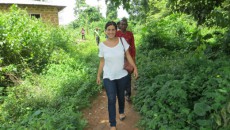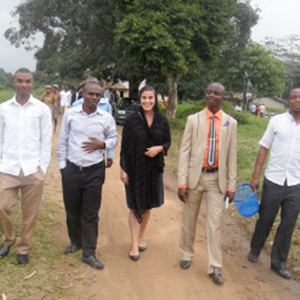I spent my weeklong Christmas and New Year holiday in Calabar and Iko Esai, in the southeast of Nigeria, becoming even more aware of the incredible diversity within the country. It is hard to grasp the fact that there are more than 250 different languages spoken here in this one country alone. I had to switch from Hausa (spoken predominantly in northern Nigeria) to Pidgin English (spoken all over the country) to greet people with ‘How now? How you dey? How work?’ and reply with a smile and ‘I dey fine-o!’
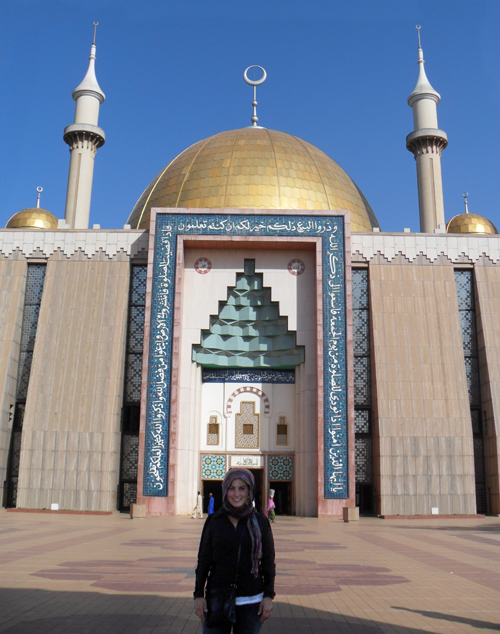
Kaduna seemed wonderfully diverse to me in that there is a good mix of Muslims and Christians as well as Hausa, Igbo, Yoruba and Fulani (and several other tribes) people and their specific languages. In the southeast of Nigeria, where the common language is Igbo, I came across different people and a completely different landscape; I had to remind myself that I was still in the same country.
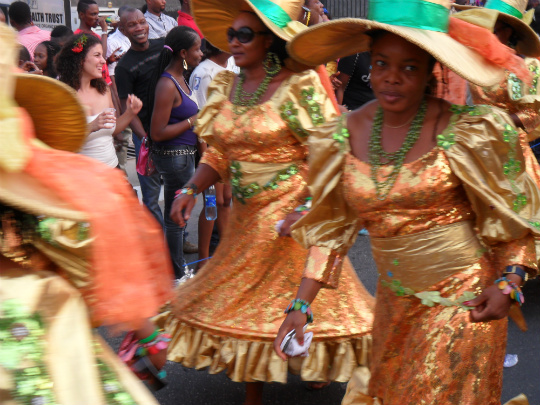
In my work here with Hope for the Village Child Foundation, I am fortunate to collaborate with a very diverse team as well. We have people from different parts of the country including the city of Lagos and Edo state; our staff represents Hausa, Fulani, Yoruba and other tribes as well as both Islam and Christianity; and we work in communities inhabited primarily by Gbagy and Adara people. To add to the mix, I’m from North America and my housemate and colleague (another volunteer) is from Kenya. It is a real blessing to be a part of a culturally diverse team at work and surely enriches the work we carry out in the communities. Each day, I see firsthand the capability of different people of different religions and different tribes working side by side to serve their fellow Nigerians and it is inspiring.
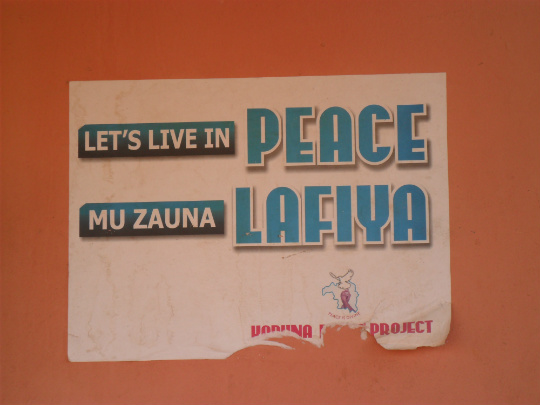
With the current unrest, recent strike and protests, and violent acts of Boko Haram in northern Nigeria, the question of how to fully embrace the diversity within the country and to use it to move the country forward has been on my mind. I have more questions than answers, but I am optimistic that the masses of educated youth from all religious and cultural backgrounds will work together to bring forth innovative solutions to the country’s most pressing problems. Nigeria’s future is bright-o!
Christine M. Adolf (BBA ’07) is spending a year in Nigeria as a CUSO International volunteer, exploring how she can use her background in business to empower people living in poverty around the world. Her interests include yoga, reading, dancing, social entrepreneurship and exploring new places.
View all articles by Christine M. Adolf.


